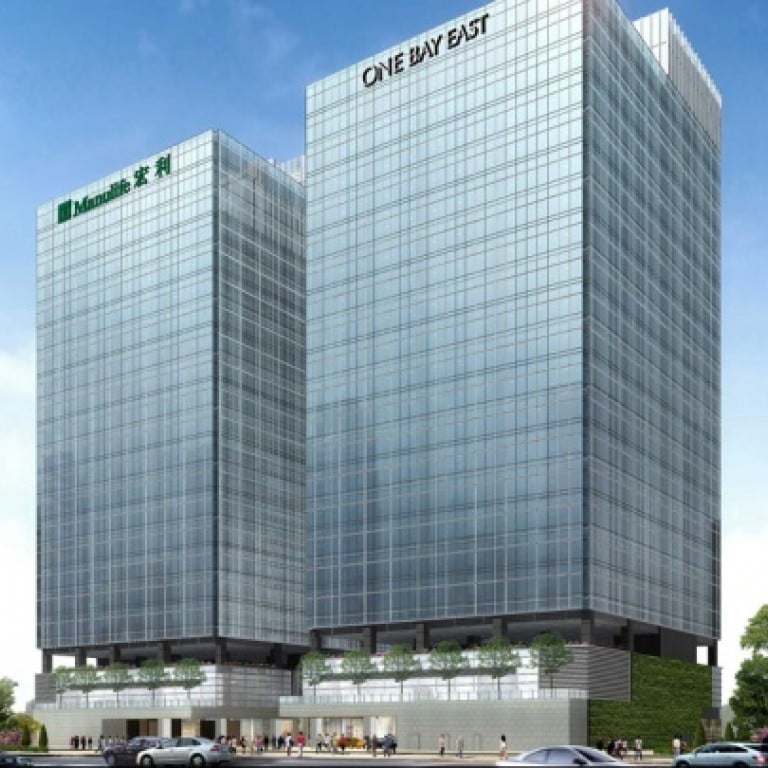
Stamp duty chokes sales of Hong Kong commercial property
Increased investment cost has deterred buyers of commercial property, and owners reluctant to cut prices while they enjoy good rental returns
Commercial property deals in the city fell sharply over the past three months as short-term investors shied away after the doubling of stamp duty on the purchase of both residential and non-residential properties.
"Buyers held off in the hope that vendors would cut their asking prices to compensate for the increased investment cost caused by the doubled stamp duty," the executive director of Asia investment services at agency Colliers International, Antonio Wu, said.
"But vendors were reluctant to cut the prices as they are still enjoying high rental yields."
The outcome of the impasse was an inactive investment market, and data from the research department at commercial real estate agency Midland IC&I, show just 20 en-bloc industrial and office buildings were sold in the first four months of the year, down almost half on the same period in 2012. The value of sales achieved dropped 23.6 per cent from HK$17.4 billion to HK$13.3 billion during the same period.
A Midland IC&I director for the office market, Eric Ong, said he expected the number of en-bloc sales this year would be below the 113 deals recorded last year. "Acquisition costs of buying an en-bloc building are now higher since buyers need to pay a large amount for stamp duties under the new rule," he said.
The largest en-bloc transaction for a building so far this year was the sale by Wheelock Properties of its new office tower, the West Tower at One Bay East in Kwun Tong, for HK$4.5 billion last month. Manulife International bought the building for its own use.
In the industrial market, sales are down 80 per cent since the government announced a number of measures, including a doubled stamp duty on property purchases, on February 22, though prices were down more modestly by 5 to 8 per cent, according to the director of Midland IC&I's industrial department, Alvan Chan.
"Short-term investors have been forced out of the market, leaving just end-users and long-term investors. And market sentiment has not improved in recent months," Chan said.
Some short-term investors who had bought pre-sale projects were under pressure to sell, and were willing to cut prices, he added. "For example, Billion Square in Tsuen Wan will be completed in July or August and buyers will have to complete their deals by then," he said.
"Since they were looking to speculate at the beginning and rental yields are not attractive, they are now in a rush to sell their properties and have cut their asking prices by about 10 per cent."
Properties on the market at prices ranging between HK$4,300 and HK$5,100 per square foot in February before the government doubled stamp duties were now on offer at prices ranging from HK$3,800 to HK$4,400 per sq ft.
But while market sentiment was clearly poor there was little sign yet of a big increase in defaults by buyers, according to Wu of Colliers. "There have been some defaults on strata-title office properties, but buyers of large lump-sum deals have stronger holding power and are willing to hold the property for the long term," he said.
Meanwhile, some investors and developers had shifted their focus to overseas properties. "For instance, we helped a Hong Kong developer buy a seven-storey office and retail building at Oxford Road in London for about £120 million (HK$1.45 billion) in April," Wu said. Colliers had also received an increased number of inquiries about investment opportunities in the United States and Europe, he said.

